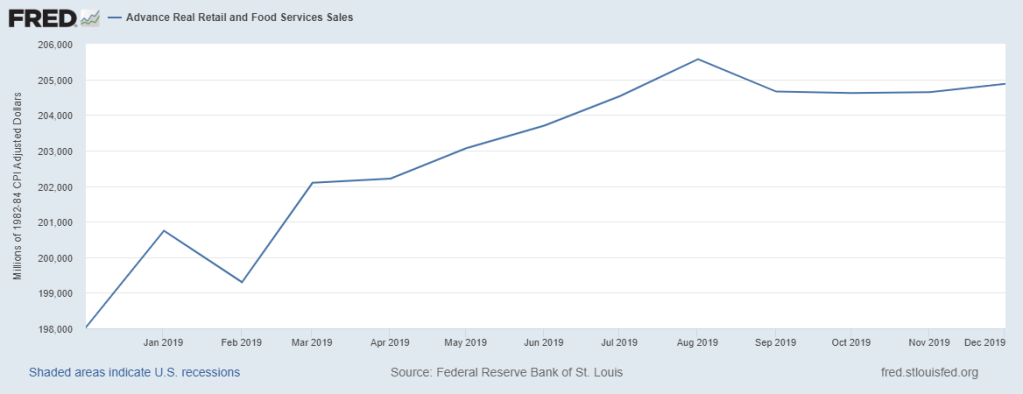First published March 20, 2020, at TalkMarkets.com
Once I built a railroad, I made it run
Made it race against time
Once I built a railroad, now it's done
Brother, can you spare a dime?…
Get ready, gentle reader, for numbers “like you’ve never seen them before,” in the favored phraseology of our supreme idiot, er, leader.
Something tells us we are about to enter the 1930s in the 2020s. We used to wonder how our parents, grandparents and great-grandparents survived the Great Depression. You know who we’re talking about, the greatest generation. Walter Cronkite (look him up), our nation turns its lonely eyes to you.
Goo goo g’joob.
No more “OK, Boomer,” all right? We’re all gonna get a dose of it.
Nine-eleven left your correspondent with memories of neckties and skirts flapping in the wind, trying to escape from an attack by members of their own species descended from the same Abrahamic source of God’s revelation. We don’t mean to be flip, but we’re inclined to agree with the Episcopal bishop in “Caddyshack” who exclaimed to Judge Smails the day after what would have been his record-setting putt popped out, “There is no God!”
Of course, there is. (We can discuss this later; His ways are mysterious). In the meantime, prepare for that mysterious thing called uncertainty, which what all the market pundits (we among them) say plague investment decisions from cash to snake oil.
The equity and credit markets decide how to toggle between assets on real numbers from a central government that they assume is competent. Can we trust a government that won’t nationalize the continent’s resources to whip it now? (apologies to Devo - look it up, generations x,y,z, et al.).
As we discussed in “
Two Ex-Wives and Several Bartenders”, stocks are only for insiders at this point. Either you sold like
Sen. Richard Burr, (R-NC) did, or, like most of us, you scampered along as if all would all go according to plan. Talk about rigged. Oh, Doctor Evil, why didn’t you listen to Scott!
No one should be in stocks unless he/she knows something the world doesn’t. The lows are not in. Welcome to the Hobbesian world of buying the dips: nasty, brutish and short.
We Irishmen know life is not fair, but at some point, our brave forbearer stopped digging rotten potatoes and got to the USA. Level the playing field while you can. Await the $1,200-whatever check that won’t pay a month’s rent in Brooklyn, and tip your bartender if you can still see her again face to face.
Welcome to the Hobbesian world of buying the dips: nasty, brutish and short.
